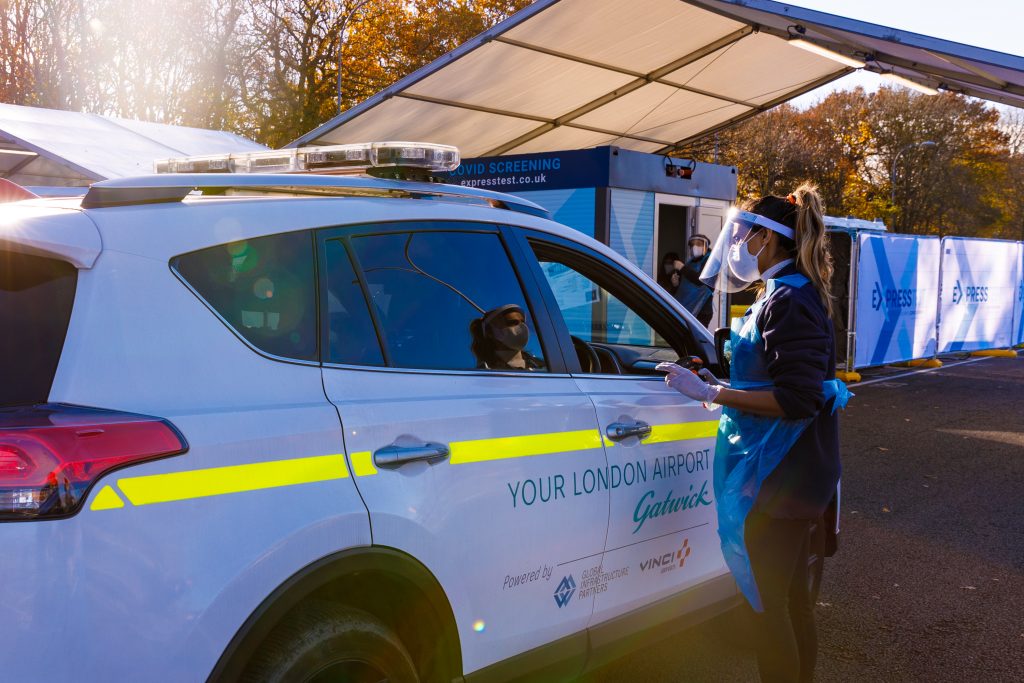According to new European guidelines, passengers traveling during the Covid-19 pandemic should not automatically be considered as high-risk for spreading infection. The guidelines also advise that in the current situation, quarantine or systematic testing for Covid-19 of air travelers is not recommended.
The guidelines come as many airports are lobbying national governments to reduce quarantine measures, which they claim are harming the sector. A recent IATA study found that 83% of consumers said they will not fly if they have to quarantine on arrival.
The Guidelines for Covid-19 Testing and Quarantine of Air Travellers were published jointly by the European Centre for Disease Prevention and Control (ECDC) and the European Union Aviation Safety Agency (EASA) on the request of the European Commission. The document forms an Addendum to the Aviation Health Safety Protocol first published in May 2020. They state that travelers should be treated in the same way as members of the local population who have not had any direct contact to a person infected with Covid-19.
According to the guidelines, the prevalence of Covid-19 among travelers is estimated to be lower than is the case for the general population. In addition, new measures put in place by airlines and airports, such as increased hygiene, mandatory masks, touchless technologies and physical distancing, all minimize the possibility of transmission during the air travel process.
Speaking about the new guidelines document, Patrick Ky, executive director at EASA, said, “It reinforces the view that there is no inherent risk in air travel – indeed air travelers are seen as a relatively “Covid-safe” population. We would encourage national decision-makers to take account of the recommendations given here when making their policies.”
The guidelines promote a coordinated approach to decision-making and also take account of the current breadth of the pandemic. As the virus is now well established in most geographical zones worldwide, testing and quarantine have only a limited impact on reducing the risk of spread.
Andrea Ammon, director of ECDC, said, “Testing of incoming travelers would be an effective measure if countries achieved sustained control of the SARS-CoV-2 virus. At this point in time, imported cases are likely to contribute little to the on-going spread of the virus. Therefore, we advise Member States to focus instead on building robust testing capacities for suspected cases, coupled with the isolation of people who test positive, as well as contact tracing and quarantine of contacts in the community.”
By contrast, EASA and ECDC strongly recommend the advance provision of travelers with information about Covid-19, the epidemiological situation in the destination countries and the measures in place at airports and on-board of planes to prevent transmission. A simplified procedure for obtaining contact information through Passenger Locator Forms, preferably in digital format, and sharing this between authorities as needed, is also imperative.
To read the full guidelines, click here.

